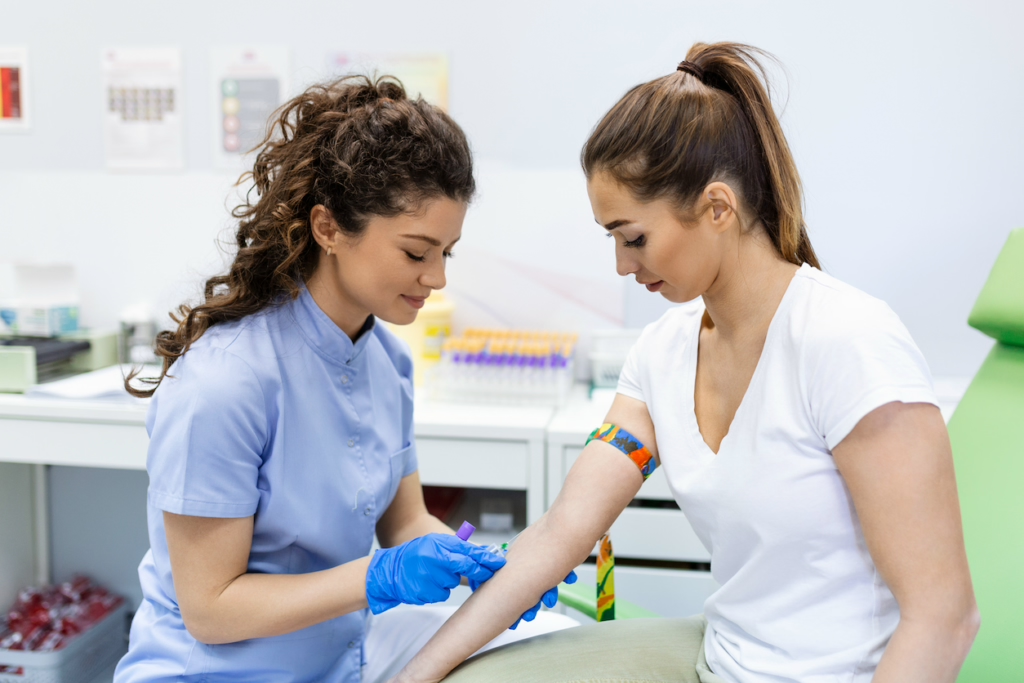
On-site screenings and telehealth follow-up at 22 neighborhood sites offer a playbook for other states and public health entities.
A novel collaboration between public and private partners, including the faith-based community, expands access to care and reduces health disparities by enabling essential health screenings at 22 community wellness clinics in Michigan. The sites also offer follow-up education and virtual care.
Since their start in July 2024, the clinics have screened thousands of patients and followed up virtually with almost half of them to discuss abnormal test results. Dedicated Primary.Health telehealth nurse practitioners (NPs) point people to vital local resources for managing their health, including federally qualified health centers (FQHCs).
Held in Michigan churches still in use as local COVID-19 testing sites, the program is funded by the state of Michigan and supported by Optum Health, a healthcare provider; Primary.Health, a digital technology and provider group; and an on-site staffing vendor. The community wellness clinics offer these preventative screenings:
- Blood sugar test: fasting
- Blood sugar test: non-fasting
- Hgb A1c test
- Hypertension
- Cholesterol: fasting
- Cholesterol: Non-fasting
Local healthcare meets patients where they are
The success of Michigan’s neighborhood wellness clinics is due to its unique local workforce and a tech-powered model that enables telehealth follow-up. Following on-site testing, Primary.Health technology triages cases for telephonic or video outreach. Patients can opt for an on-site video chat or follow-up phone call from one of nine remote Primary.Health nurse practitioners. These NPs not only refer patients to local providers but also link them to resources for food, transportation, housing, and other social determinants of health (SDOH) needs that arise during the conversation.
By teaching patients how to navigate the healthcare system, the Michigan Community Wellness Clinic model empowers them to better manage their own health. Additionally, the program provides a playbook for other states and public health entities to bridge the primary care gap in underserved areas.
Download the case study for an overview of the Michigan community wellness clinic partnership, including fast facts and clinic features. To learn how easy it is to customize and deploy this model in your state or public health entity, schedule a conversation with Devon Phillips, our Head of Strategic Initiatives.
